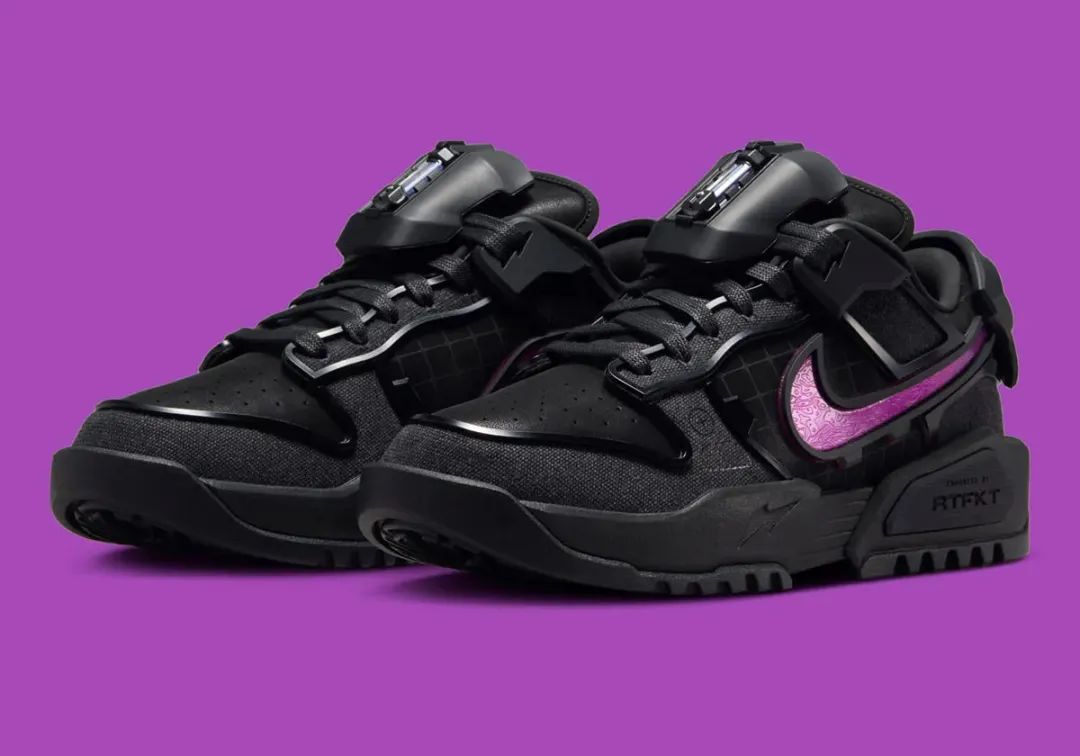
By Matt Medved
Editor/far
Compile/Centreless X
RTFKT (pronounced "artifact") is a digital fashion and technology company that was acquired by Nike in 2021. During this period, it launched NFT digital and physical sneakers with iconic Swoosh patterns. On December 3, 2024, it announced that it would close. On the day of the closure, "Today we announced plans to gradually end RTFKT's operations," the company said on the X platform (formerly Twitter), "Looking back, we are extremely proud of what we have achieved together."
Since entering the NFT market in 2021 by selling $10,000 worth of sneakers on the Nifty Gateway platform, RTFKT has quickly built a massive Ethereum-based NFT and physical collectibles ecosystem, during which it has collaborated with artists such as Takashi Murakami.
After closing at the end of 2024, sports brand giant Nike faces a $5 million class action lawsuit. The plaintiffs are the holders of the NFT brand RTFKT that it acquired. They claim that Nike hyped the RTFKT NFT with its brand influence and long-term vision, but eventually "quietly abandoned" the project, constituting a so-called "soft rug pull."
This lawsuit has become one of the most watched legal battles in the crypto world, and may also become an important case in which a U.S. court systematically examines the nature of NFTs and brand responsibility for the first time, profoundly affecting the compliance boundaries of traditional companies in the Web3 industry.
What is a "soft rug"?
Carlo D'Angelo, an experienced crypto lawyer, former law school professor, and author of the newsletter "The DeFi Defender," said that the key difference in such cases is that a "soft rug pull" is not a violent sell-off, but rather a gradual - but with subjective intent or gross negligence - deviation from the original development roadmap by the project party, causing the NFT that originally had imagination to gradually lose its value.
The plaintiffs (NFT holders) will argue that Nike’s branding gave users a reasonable expectation that the project would continue to develop, and when Nike eventually shut down RTFKT, it actually caused losses.
Nike might argue that:
- Nike RTFKT’s NFTs are “collectibles” rather than securities;
- The company has no legal obligation to operate a commercially unsustainable project indefinitely.
Are “unregistered securities” involved?
Based on the current U.S. securities law standard (i.e., the "Howey Test"), the court will determine whether the RTFKT NFT was sold as an "investment contract."
Carlo D'Angelo pointed out that although the U.S. Securities and Exchange Commission (SEC) is currently tending to be more relaxed in its crypto policy (especially in the context of Trump's return), the court will make independent judgments based on previous related cases rather than obeying the SEC's views.
This means that it is difficult for plaintiffs to prove that these NFTs are securities.
Did Nike mislead consumers?
This case does not simply rely on the litigation logic of the "Securities Law". The plaintiff team also adopted a "dual path" strategy:
- On the one hand, Nike was accused of not making adequate disclosure when promoting NFTs;
- On the other hand, it cited consumer protection laws in states such as New York and California, accusing Nike of failing to deliver on its promise of "future availability and continued support."
Even if this strategy fails to win a "securities certification," it may still lead to a successful claim at the consumer protection level.
Is the shutdown of RTFKT a key piece of evidence?
To some extent, yes. The official closure of the RTFKT brand was regarded by the plaintiff as the key fact that Nike abandoned the project and violated its propaganda. NFT holders believe that the reason they bought these digital assets is based on the "reasonable expectation" that Nike will continue to invest resources and support the ecosystem.
How will the outcome of the case affect the entire Web3 world?
Carlo D'Angelo predicts: The court may dismiss the "securities claims", but does not rule out the possibility that the plaintiff may win a partial victory at the "consumer rights" level.
Regardless of the outcome, this case is a warning to brands:
- If the plaintiff wins the case, the behavior of companies in the Web3 world will be more strictly scrutinized;
- When companies launch NFTs in the future, they may need to avoid making promises such as “continued support” and “future features” that are difficult to fulfill in the long term;
- It may even lead to a decline in brands’ overall willingness to invest in NFTs.
summary
Nike’s RTFKT NFT case is not just an ordinary legal dispute. It will have the following three far-reaching impacts on the Web3 world:
- The judicial definition of whether NFTs constitute securities;
- Do traditional brands need to be responsible for digital assets in the long term?
- How companies balance innovation and legal risks in Web3.
In the future, perhaps every NFT project that “mint now, roadmap later” will face more possibilities of accountability.















